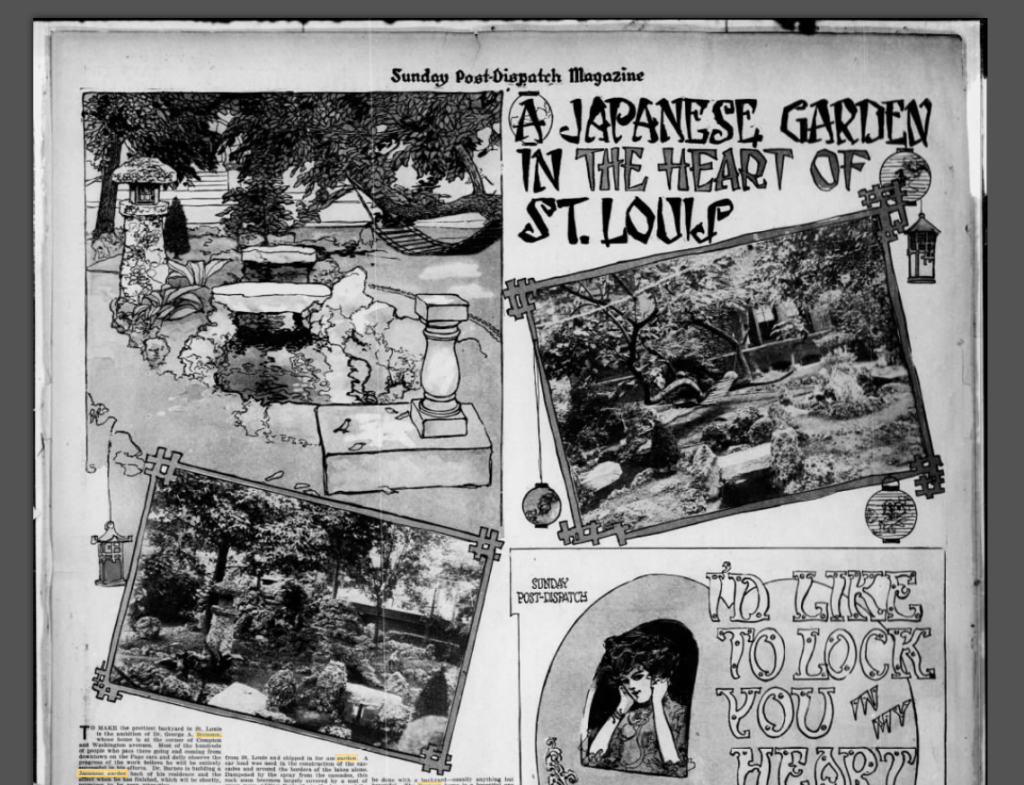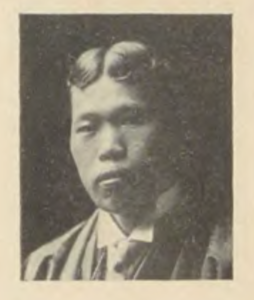In January I will have been at the Wikimedia Foundation for 7 years. My role has changed a lot over those seven years, as has the organization and the wider Wikimedia movement. At the end of this year, I wanted to take a second to write down what I do and why. This is a pseudo-introduction post for social media (where I don’t have much of a presence) and a chance to pen a, “What I do for a living” blog post.
One of the big things I do is help with movement-facing communications stuff for the Wikimedia Foundation. The non-profit that supports Wikipedia and other free-knowledge projects. My job is to get teams at the Foundation to talk to the volunteers and share what they’re doing. Lots of behind-the-scenes feedback and input on how to find folks and where to talk to them – before we go and talk to them!
That’s always ongoing, never ending work that most of the time works well. Teams write their thinking down and understand what the community values (no surprises!). Folks know about the work we’re doing and can get involved. We understand their needs and concerns and address them. I try to be the voice of the community – as best any one person can – in internal conversations. So we’re as understanding and aligned as a 700+ org of folks, the majority of which are not contributors and are new to this community, can be.
The other big thing I do is help run a community news and event blog called Diff. https://diff.wikimedia.org This is also ongoing, never ending work, that most of the time works well. It’s the more fun, direct work I do in support of the first big thing I mentioned.
The name is super dorky. It’s named after the “differential” view between two edits on a wiki and the difference volunteers make in their work. I get to help share what people are working on from around the world in the pursuit of free knowledge. I’m like the hype man for the Wikimedia movement. Ok, maybe just a hype man, but I love my job and feel very lucky that I get to do this for a living.
In 2022, Diff saw 188,427 visitors making up 386,331 views. We published 640 posts in dozens of languages from close to 300 authors. We have over 720 email subscribers. On the scale of Wikipedia that’s small potatoes (English Wikipedia saw 96 Billion views in 2022), but on the scale of the movement of volunteers – editors, organizers, affiliates, staff, etc. – I’m happy with what we’ve done. For comparison we say we have about 300k contributors across all projects and languages, so to reach 188k “visitors” of that group, and a little beyond, is pretty good in my book.
Diff is very open. You can login with your Wikimedia account and submit a draft. I keep the site running on the software/feature side of things, documentation, and helping review the drafts that come in and answer questions from authors. That last bit takes up a lot of time. I really appreciate everyone who takes the time to write a post and I am here for giving folks the platform and support to share their work.
Here’s a short list of some of my favorite posts this year.
Araisyohei, a volunteer from Japan takes on a behind-the-scenes tour of OYA Soichi Library, a small magazine library in Tokyo. There’s some great photos of their event and an even more amazing video tour of this tiny library embedded in the post.
JA: https://diff.wikimedia.org/ja/2022/06/13/日本随一の雑誌専門図書館でエディッタソンを有/
EN: https://diff.wikimedia.org/2022/06/22/editathon-at-oya-soichi-library-japanese-magazine-library/
Every year Jimmy Wales celebrates Wikimedians for their efforts. Expanded in recent years, the “Wikimedian of the Year” awards are always a highlight. These folks are doing such unique and important work in their free time.
EN (Numerous language selectable in the drop-down): https://diff.wikimedia.org/2022/08/14/celebrating-the-2022-wikimedians-of-the-year/
One of the folks who won an award this year was Annie Rauwerda, from @depthsofwikipedia fame. I was fortunate enough to interview Annie in late 2021, right as she was blowing up. #humblebrag
https://diff.wikimedia.org/2021/12/07/from-the-depths-of-wikipedia-an-interview-with-wikimedian-and-influencer-annie-rauwerda/
Her work now has its own Wikipedia article in eight languages!
https://en.wikipedia.org/wiki/Depths_of_Wikipedia
Wikimedians host photo contests throughout the year on various themes. Wiki loves Folklore, Wiki Loves Monuments, Wiki Loves Africa, Picture of the Year, and more. These contests capture the diversity of life on the planet and the amazing talents volunteers have – and share freely. I’m in awe and humbled every time we publish a recap of a contest. Here’s a recent one from the Wiki Loves Africa 2022 contest.
https://diff.wikimedia.org/2022/12/06/intimate-glimpses-of-home-expressed-in-wiki-loves-africas-photo-competition-on-wikipedia/
Another from April and the Wiki Loves Monuments 2021 contest.
https://diff.wikimedia.org/2022/04/20/take-a-journey-around-the-world-with-the-wiki-loves-monuments-winners-2021/
One of the cornerstones – maybe _the_ cornerstone of what makes Wikipedia work are citations to reliable sources. Access to these sources can be challenging. Many are behind paywalls or in journals that are hard to access. The Foundation helps by building a service called the Wikipedia Library, where volunteers can get free access to these sources to help create and improve articles.
https://diff.wikimedia.org/2022/01/19/the-wikipedia-library-accessing-free-reliable-sources-is-now-easier-than-ever/
I work with a lot of smart folks who are trying to figure out how to create, sustain, and grow healthy and independent communities. One way we do that is by developing programs, training, and resources for communities to succeed. In this three-part(!) series, Alex Stinson explores how organizing helps the movement grow in relation to our 2030 movement strategy.
https://diff.wikimedia.org/2022/04/05/part-i-anyone-can-edit-is-not-a-strategy-for-growing-the-wikimedia-movement/
Editing an encyclopedia seems like a boring, harmless endeavor. Until you realize that there are people who don’t want this to happen. They don’t like facts. Or laws that could greatly hinder how volunteers can contribute and what we’re able to host. Our legal department and our global advocacy team are some of the most caring, invested folks I know making sure people can express facts – and themselves – in areas of the world where that is dangerous.
https://diff.wikimedia.org/2022/04/20/how-smart-is-the-smart-copyright-act/
https://diff.wikimedia.org/2022/07/12/what-does-the-wikimedia-foundations-human-rights-impact-assessment-mean-for-the-wikimedia-movement/
We also love to republish articles from elsewhere on the web. Wikimedian and deep learning enthusiast Colin Morris shared his work in trying to discover the _least_ viewed article on Wikipedia.
https://diff.wikimedia.org/2022/06/06/in-search-of-the-least-viewed-article-on-wikipedia/
Last, but not least, our product tames take building software for everyone very seriously. We have a new desktop interface (and I think secretly a new mobile interface too) coming in January. In this post the product manager, Olga a good friend and foxhole comrade, talks about how the web team approaches developing their work with equity in mind. The sort of thoughtful product development we need to see more of in the world.
EN (and seven languages):
https://diff.wikimedia.org/2022/08/18/prioritizing-equity-within-wikipedias-new-desktop/
The Wikimedia movement is messy. People can be jerks and the barrier to entry is far too high for my liking. I show up every day trying to increase awareness and participation of what folks are doing. To gather people together and connect interests and ideas. It’s funny to be working in the blog mines in 2022 – not just working – but thriving when so many folks consider a blog as an old antiquated thing. I think they have a place and more folks should turn to them to share what they are doing and learn from others. I don’t know where I go from here professionally. Something I’ve been talking about with folks, but whatever is next I hope is more of this. Positivity, working together to tell the story of our movement, and supporting one another through difficult times.



